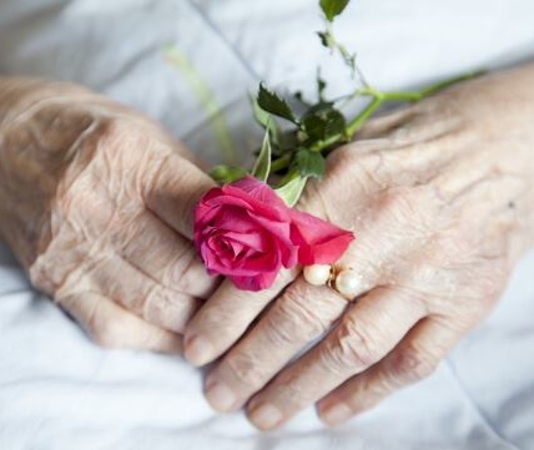When someone is hired to work as a caregiver for Homewatch CareGivers, there are many requirements to be met before they meet with a client for the first time. Many regulations, certifications, and other standards vary state to state, but our Homewatch CareGivers University provides a platform for all to get training no matter where they are located.
Core Curriculum
Caregivers must take the following courses through our online training, Homewatch CareGivers University:
- Health Insurance Portability and Accountability Act (HIPAA) course. The goal of this course is to educate caregivers on healthcare privacy laws to keep in mind when they are working with a client. It covers social media and other current technology concerns.
- Bloodborne pathogen training. While the safety and well-being of clients is of utmost concern, so too is the health of caregivers. According to the Occupational Safety and Health Administration, bloodborne pathogens are infectious microorganisms in human blood that can cause disease in humans—including hepatitis B, hepatitis C and HIV. Caregivers are educated on standards and how to minimize exposure.
- Infection control. Some illnesses can be transmitted between people and so caregivers learn about infection control and prevention along with guidelines on how to prevent illnesses such as influenza and Tuberculosis.
- Recognizing and responding to pain. In home caregivers cannot administer medications, but it is important for them to know the characteristics of pain, how to assess for pain and be part of addressing improved quality of life.
Within these categories users of the university will find fresh content throughout the year. These courses are also required annually, not just at the time employment begins.
Beyond the Core
The Homewatch CareGivers University also has many courses for specific issues related to common illnesses that require assistance with daily activities. These include, but are not limited to:
Dementia Care: Preventing Catastrophic Reactions
Dementia Care: Music & Art Interventions
Communicating with Older Adults with Dementia
About Heart Disease
About Parkinson’s Disease
About Specialized Diets and Nutrition
Hand Hygiene: The Basics
Giving a Complete Bed Bath
The variety of courses are meant to support as many individual scenarios as possible so that the unique preferences of each client are considered. Caregivers are not limited to a certain number of courses per year or over the time that they are employed—they can pursue ongoing education to support their work.
Not Just for the Pros
Family caregivers can also improve their understanding and knowledge via the Homewatch CareGivers University. These course are often recommended to family caregivers:
Side Effects of Caregiving
Work-life Balance
Wellness….it’s a good thing
Stress Management
Healthy Sleep
Dementia Care: Helping Family and Friends
Life Skills: Managing Time in Your Busy Life
Dr. Bill Thomas, a geriatrician and thought leader in the field of elder care, likens the sudden role of family caregiver to switch careers without prior training or education. As a result, many caregivers do too much and burn out with no safety net for themselves or the person in need of care in the first place.
For those looking for professional care for themselves or a loved one, it is reassuring to know that caregivers are being trained and educated. For the family caregivers, it helps to know that you can be supported in so many ways.





